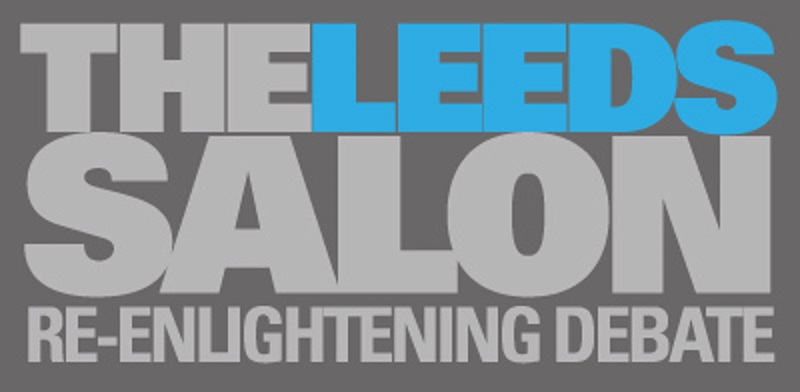Europe is in crisis, but the European Union seems to go from strength to strength. While some see it as positive that the Eurozone crisis has “strengthened the original case for Europe – as a means of keeping the peace”, especially with the rise of far-right parties, others argue it further exposes the “democratic deficit” at the heart of the European Project. So far, the budget crisis has not only ended up with the “eurocrats” grabbing new powers to dictate terms to country that default on their debts, but also resulted in the elected government of Greece and Italy being replaced with EU officials in what has been termed a “soft coup”.
The growing power of the EU is often interpreted by its critics as due to simply the rise of a powerful EU elite in Brussels bent on a federal Europe and colonising national political life. However, according to James Heartfield, the forward march of the European Union has been widely misunderstood. Rather than the EU being driven by grand visions of a “United States of Europe”, it is driven more by the decline in political participation within the leading European nation states themselves.
Without political contestation national parliaments have become empty shells. Where once elites drew authority from their own people, today they draw authority from the European Union, and other international summits. And as national sovereignty is hollowed out, technocratic administration from Brussels have filled the void; allowing Europe’s political elite to conduct increasing areas of policy free from democratic accountability. But is the European project inherently anti-democratic? Or are objections to the EU mainly driven by prejudice, and the very nationalism it was founded to overcome? And what is the alternative: is it possible to be anti-EU but pro-European?



